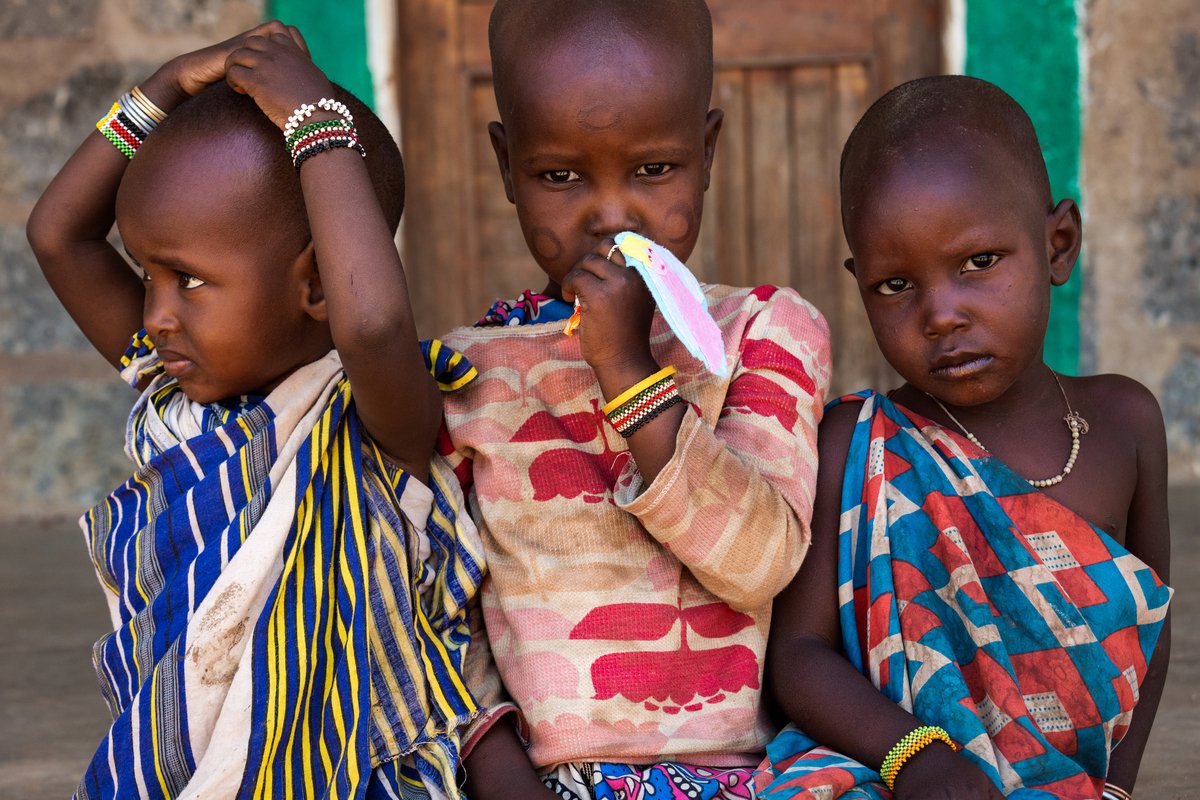
UN Warns of Severe Food Crisis in Africa: Millions at Risk
- foodfightadmin
- December 9, 2023
- Global Hunger
- adlps, ads pages
- 0 Comments
A recent report from United Nations agencies and the African Union Commission reveals that Africa is enduring an unprecedented food crisis. Three-fourths of the continent’s population cannot afford a healthy diet, and one-fifth are undernourished. Factors exacerbating this crisis include global disruptions from the conflict in Ukraine, regional conflicts, climate change, and the lingering effects of the COVID-19 pandemic.
Severity of the Crisis
The report underscores the alarming situation faced by Africa’s 1.4 billion people. Hunger and malnutrition levels are soaring, with millions at risk of worsening conditions. The continent’s population, expected to double by 2050, is growing increasingly impoverished, with some communities even supporting military coups in hopes of improved living conditions.
Armed violence in West and Central Africa has displaced millions, while extreme weather events in East Africa continue to devastate agricultural output. Families struggle to afford food as stagnant incomes fail to keep pace with rising food prices.
“The majority of Africa’s population—about 78% or more than one billion people—remain unable to afford a healthy diet, compared with 42% at the global level, and the number is rising,” the report stated.
Impact on Children
Children under five are among the hardest hit, with 30% suffering from stunted growth due to malnutrition. Abebe Haile-Gabriel, FAO regional representative for Africa, stressed the need for immediate action to address the rapidly deteriorating food security situation.
Effects of COVID-19
The pandemic has left a lasting impact on Africa’s food security. Since COVID-19 began, 57 million more Africans have become undernourished, bringing the total to nearly 282 million in 2022. This marks a significant regression in progress, as hunger rates have worsened dramatically from 2019 to 2022.
Case Study: Nigeria
Nigeria, Africa’s largest economy, exemplifies the continent’s struggles, with nearly 93% of its population unable to afford a healthy diet. Economic mismanagement and austerity measures have exacerbated hardship, raising concerns about the government’s capacity to use its resources effectively for citizen welfare.
Future Directions
The UN agencies hope that the report will galvanize efforts to transform agrifood systems and integrate them with education, health, and energy systems for better production, nutrition, and environmental outcomes. A collaborative approach is essential to combat the crisis and aim for a world without hunger and malnutrition by 2030.
“Only through concerted efforts can we hope to address these profound challenges and ensure a sustainable, food-secure future for Africa,” said Haile-Gabriel.








